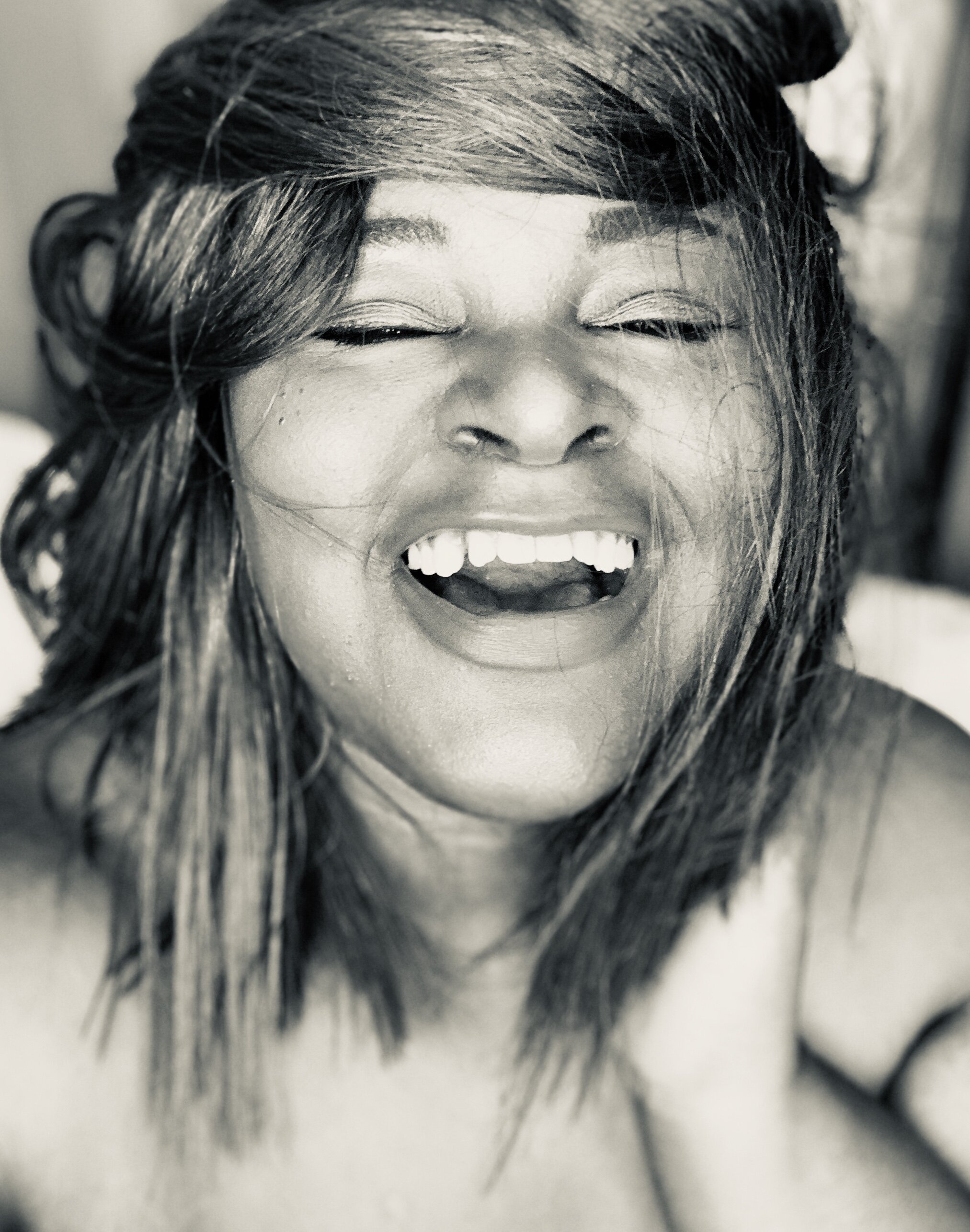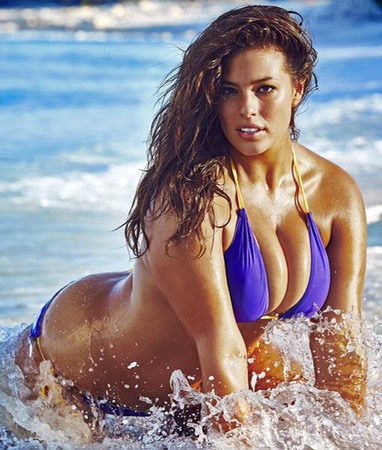my journey to feminism
As a Black woman, I was familiar with our charge to be resilient and enduring, almost to a fault. And yes, I know that issues like cat-calling, wage gap and reproductive rights were hot-button women’s issues but still I saw myself as separate from that fight. That fight I believed, was for feminists and yes I said the word ‘feminist’ as if it had only four-letters. My reasons for never choosing to identify as a feminist before were simple and honestly boiled down to my belief that feminism was, in fact, The advocacy of [white] women’s rights on the grounds of political social and economic equality to [white] men. I did not see myself nor my struggles with being a woman being represented in the face of what I understood feminism to be. I expressed my frustrations openly to my best friend, a white woman, who is truly about as “woke” as they come. She listened and then she responded. “[The white woman] is supposed to be docile, attractive, nurturing, agreeable, nervous, emotional, and weak. And what happens when we step out of that ideal,” she posed rhetorically, “Then we are useless. Instantly unattractive, a bitch, a lesbian, a spinster, stripped of all desirability and femininity.” In listening to my very best friend in the world describe the parameters around her identity as a woman, I realized that those things were all the reasons so many Black women, self included, loathed White women; because they had access to all the things we were not allowed to ever be. Yet, in seeing her struggle within the confines of such specific ways of being, I came to understand that while our bars looked very different, we were both locked in cages built by patriarchy that outlined exactly who we were supposed to be as women. When I was able to understand that when you look past the details and realized that while we resided on differing ends of the spectrum, neither of us was any more liberated than the other, I found myself at odds, how could I not be a feminist? As a black woman, as a fat woman, as a fat black woman
TEACHING INTERSECTIONAL FEMINISM
Dr. Williams, aka Dr. J visited Bucknell University as an invited speaker hosted by HER campus and the Bucknell Women's Resource Center. Dr. J facilitated a lunch-and-learn with faculty and staff where she talked about the importance of addressing intersectionality authentically in the workplace. She also lead a discussion following the showing of the visual album Lemonade about intersectional feminism, art as activism and contemporary feminist role models. To watch a clip of Dr. J's lunch-and-learn, click here.
For information on how to get Dr. J to come to your campus or organization, visit Training Services to fill out an intake questionnaire.
STRETCHING MY FEMINISM
Making my peace with Ashley Graham
Feature
I do not personally know Ashley Graham. She does not know me and to my knowledge we do not have mutual friends on Facebook. To me, Ashley is a plus-sized model who has taken over 2016 as the face of the body positive movement. She has literally been everywhere, including the cover of Sports Illustrated. Even if you do not follow fashion, chances are you have seen Ashley Graham. She is that exposed right now.And yet, despite my championing body-positivity and condemning the practice of fat-shaming I found myself at odds with Ashley. “Hate-Following” her on Instagram; not to troll and leave ugly comments but because I was simultaneously annoyed and fascinated by her.
So you want to be a feminist…
Feature
I got into my daily argument with a friend of mine. This is nothing new and arguably a foundational element of our relationship; conflict with civility. It’s social justice, or something. Today it was over Kim Kardashian’s “Break the Internet” photo. My friend and many other internet users found it to be inappropriate for one reason or another. I thought nothing of it. Not really, and here’s why. Because if I dare to judge Kim for being too sexy or “not acting like a mother” or “not acting like a wife” then how can I call myself a feminist? (CONTINUE)



